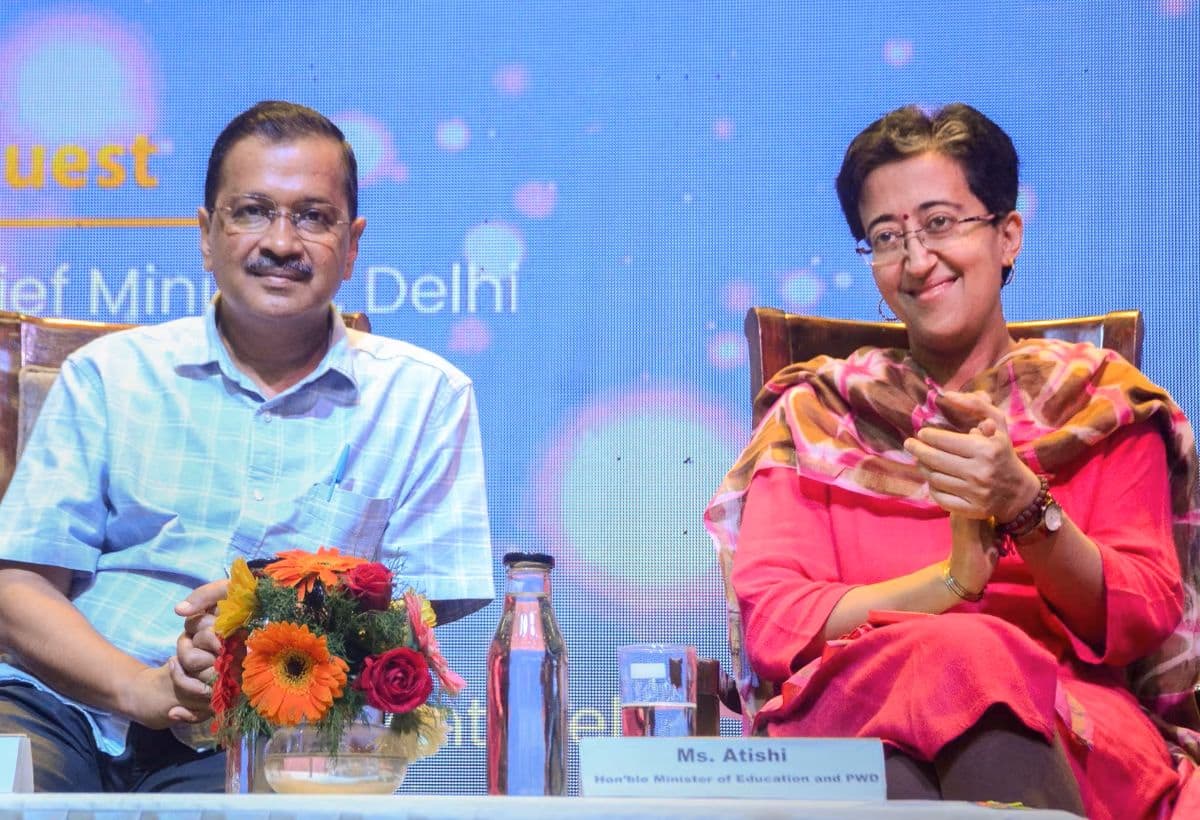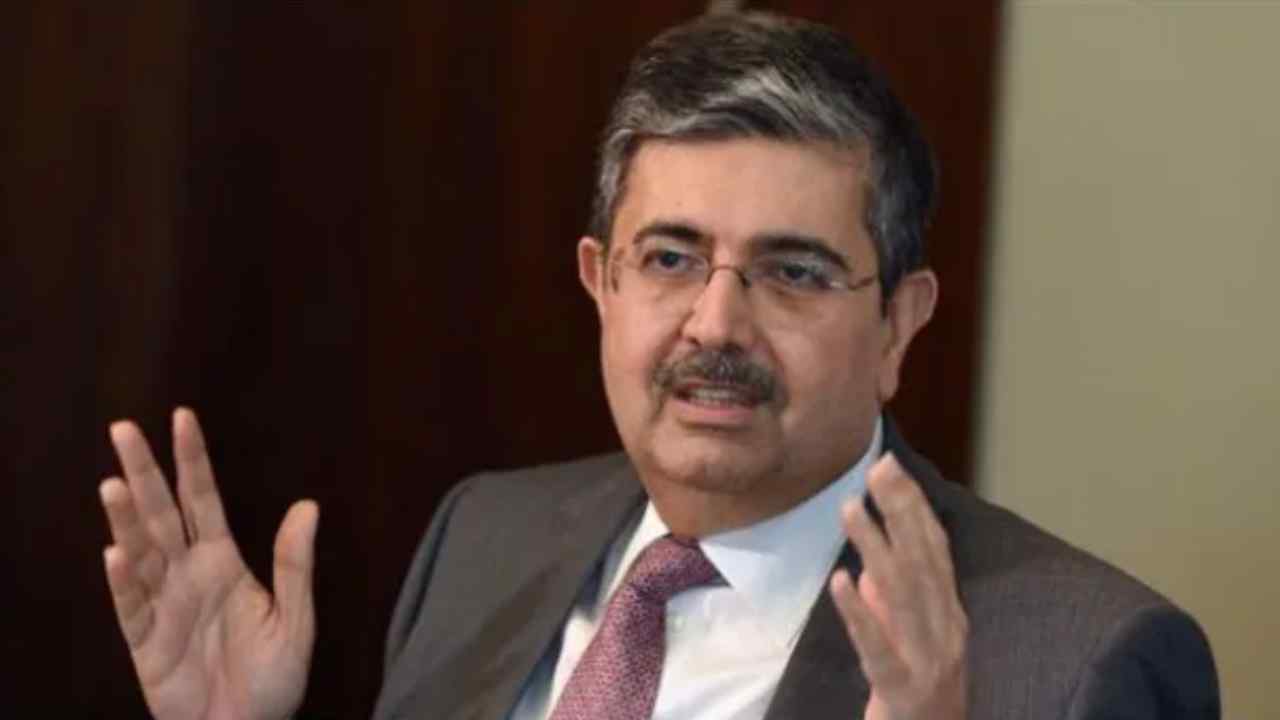Atishi Appointed as New Chief Minister of Delhi
In a significant political development, Delhi’s Chief Minister Arvind Kejriwal officially resigned from his position on September 17, paving the way for Atishi, a senior leader of the Aam Aadmi Party (AAP), to become the next Chief Minister. The resignation was submitted during a meeting with Lieutenant Governor VK Saxena at Raj Niwas, where Kejriwal was accompanied by his ministers. This transition marks a historic moment for Delhi, as Atishi will become the third woman to hold the chief ministerial position after Sheila Dikshit and Sushma Swaraj.
Importance of the Transition
During the announcement, Kejriwal proposed that Atishi, who currently manages multiple key portfolios including finance, education, and revenue, be appointed as the new Chief Minister. The proposal was met with unanimous approval from the AAP MLAs, underscoring her strong support within the party. Atishi previously held significant responsibilities as one of the leaders managing the state while Kejriwal was incarcerated.
Atishi: A Brief Profile
Atishi, aged 43, has been recognized for her pivotal role in advancing the educational reforms in Delhi under the AAP government. She earned her place in the Delhi Cabinet in March of the previous year and has been instrumental in the party’s functioning since Kejriwal’s arrest related to the excise policy case on March 21.
Atishi is the daughter of esteemed Delhi University Professor Vijay Singh and Tripta Wahi. Her academic background includes schooling at Springdales School, followed by a graduation from St. Stephen’s College and further studies at Oxford University. This educational pedigree complements her experience in governance and policy formulation.
Political Reactions and Future Outlook
After Kejriwal’s resignation, AAP leaders revealed plans to convene a session of the Delhi Assembly on September 26-27. Following this, a delegation of AAP MLAs is expected to meet with the Lieutenant Governor to officially stake their claim to form a new government under Atishi’s leadership. Kejriwal’s resignation was unexpected and followed his release from Tihar Jail, where he stated he would step down from his position unless the public validated his honesty through upcoming elections. This has raised calls for early elections in Delhi, with the assembly’s term concluding on February 23 of the following year.
The BJP’s Response
The Bharatiya Janata Party (BJP) criticized Kejriwal’s resignation, alleging that it was motivated by a sense of compulsion rather than genuine principle. They labeled the decision as a political drama and an admission of guilt, speculating that internal conflicts within the AAP may have propelled this move. Historically, Sheila Dikshit remains the longest-serving Chief Minister of Delhi, with a tenure spanning 15 years, while Sushma Swaraj held the office briefly for 52 days in 1998.
Conclusion
As Atishi steps into her new role as Chief Minister, she faces the challenge of leading the Delhi government amidst a backdrop of political contention and public scrutiny. Her leadership will be closely watched as the city prepares for upcoming assembly elections, which will play a vital role in shaping the future of Delhi’s governance.











